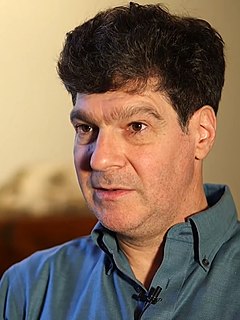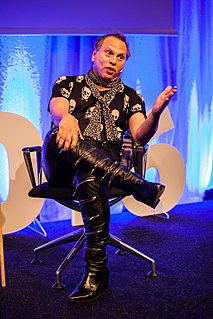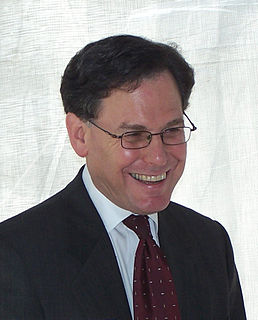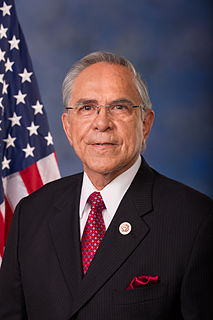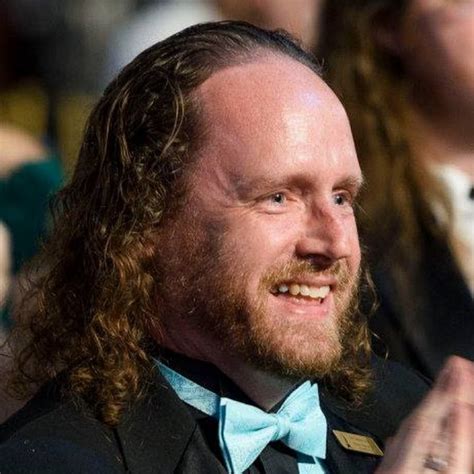A Quote by Bret Weinstein
Evergreen is arguably the most radical college in the country - and while it does lean far to the left in a political sense, it is the school's pedagogical structure to which I refer. Rather than placing students in many separate classes, most of our curriculum is integrated into full-time programs that may run the entire academic year.
Related Quotes
While the most disadvantaged students - most often poor students of color - receive the most considerable academic benefits from attending diverse schools, research demonstrates that young people in general, regardless of their background, experience profound benefits from attending integrated schools.
The leaders of the Women's March, arguably the most prominent feminists in the country, have some chilling ideas and associations. Far from erecting the big tent so many had hoped for, the movement they lead has embraced decidedly illiberal causes and cultivated a radical tenor that seems determined to alienate all but the most woke.
My father came from a country called Bolivia. He was of Spanish descent. I never went to Bolivia until I was 60 years old, but apparently when he was 17, he had already planned his entire academic curriculum so that he could graduate high school and enter college in the United States. That's how much he wanted to come to this country.
When most people see the word "radical," they think that it must refer to something left wing. Some people also may think of it as referring to far right-wing marginal groups. But here we have a president of the United States [George W. Bush] at the center of power, sitting in the White House, who is a radical.
The important thing to understand about eliminating racial preferences in college admissions is that doing so does not lower the number of minority college students, it just redistributes them to schools for which they are actually qualified, rather than catapulting them into academic environments where they will inevitably struggle.
Students throughout the totalitarian world risk life and limb for freedom of expression, many American college students are demanding that big brother restrict their freedom of speech on campus. This demand for enhanced censorship is not emanating only from the usual corner - the know-nothing fundamentalist right - it is coming from the radical, and increasingly not-so-radical left as well.
Imagine a country where the vast majority of seniors live in poverty, a country where for many there are no golden years, but a time of struggle and dependence. That was the United States before the creation of Social Security, which has proven to be one of the most effective and important government programs in our history.
There are many cases in which gifted children have done great things without special school programs. There are also gifted kids who have been to special schools and achieved nothing that has benefited the world as a whole. Without solid evidence, I have no confidence that funding school programs for the intellectually gifted would do more good than the most cost-effective programs to help people in extreme poverty.
All revolutionary advances in science may consist less of sudden and dramatic revelations than a series of transformations, of which the revolutionary significance may not be seen (except afterwards, by historians) until the last great step. In many cases the full potentiality and force of a most radical step in such a sequence of transformations may not even be manifest to its author.
Public education is a great instrument of social change. Through it, if we so desire, we can make our country more nearly a democracy without classes. To do so will require the efforts of us all-teachers, administrators, taxpayers and statesmen. Education is a social process, perhaps the most important process in determining the future of our country; it should command a far larger portion of our national income than it does today.
